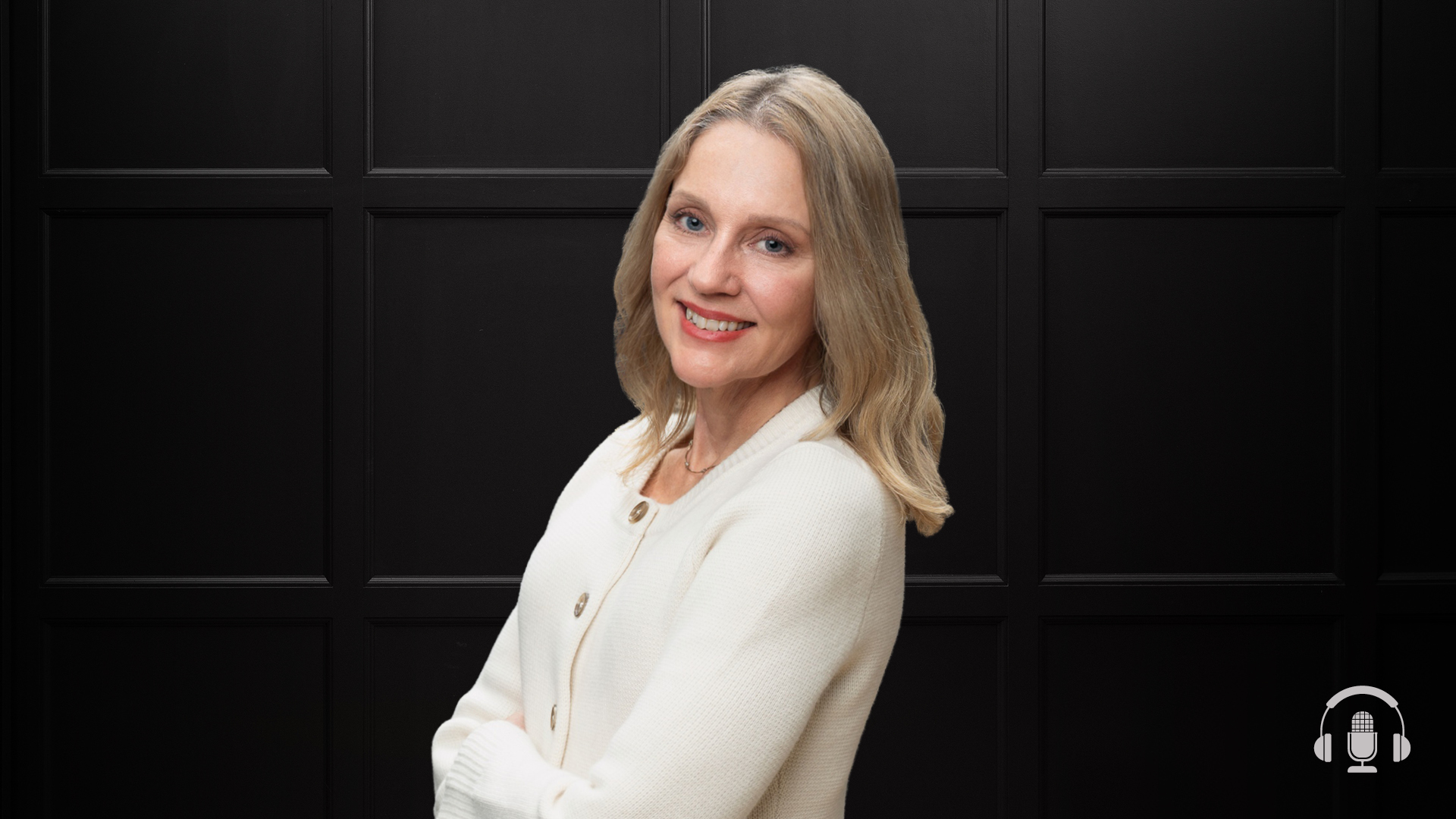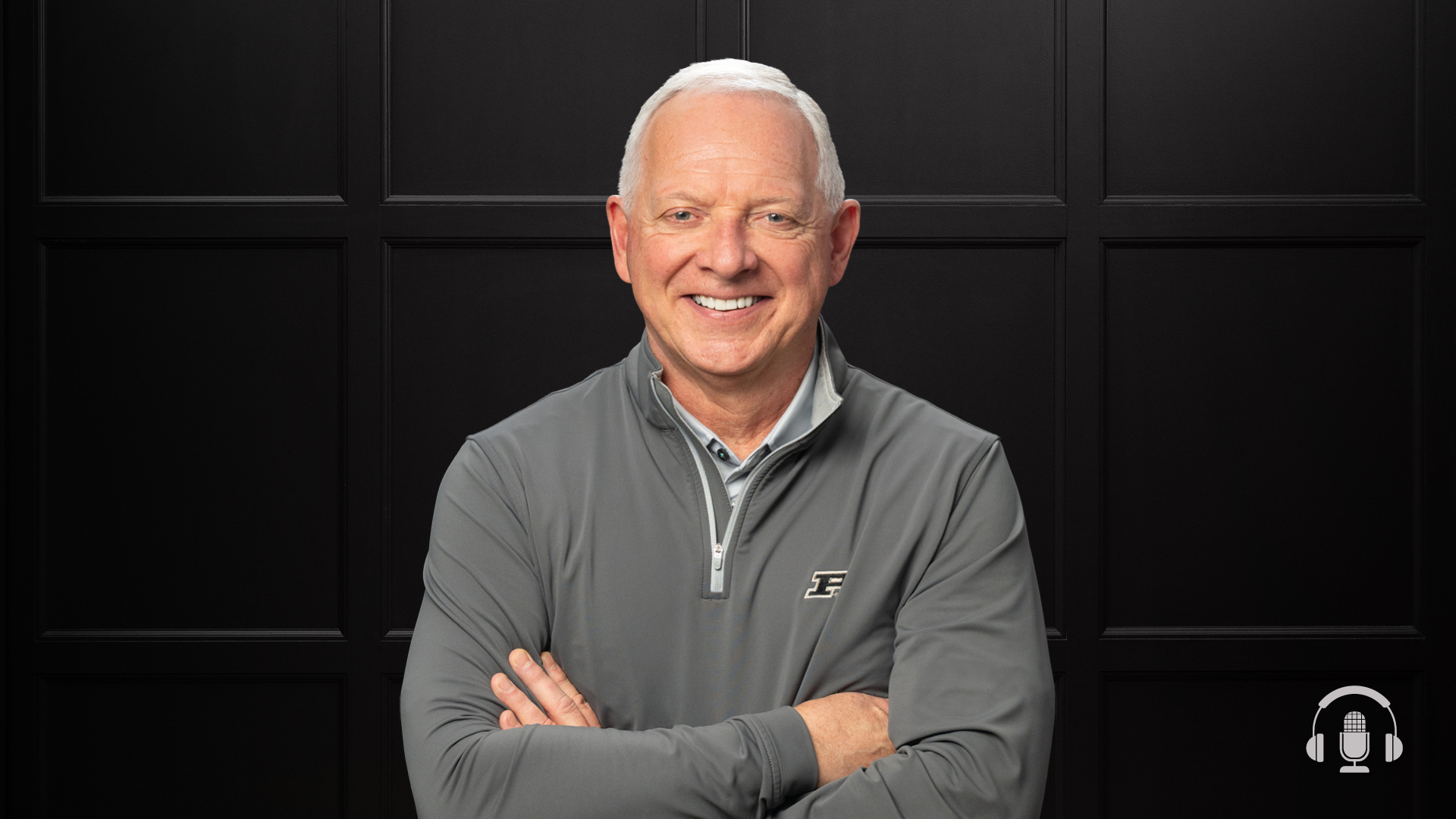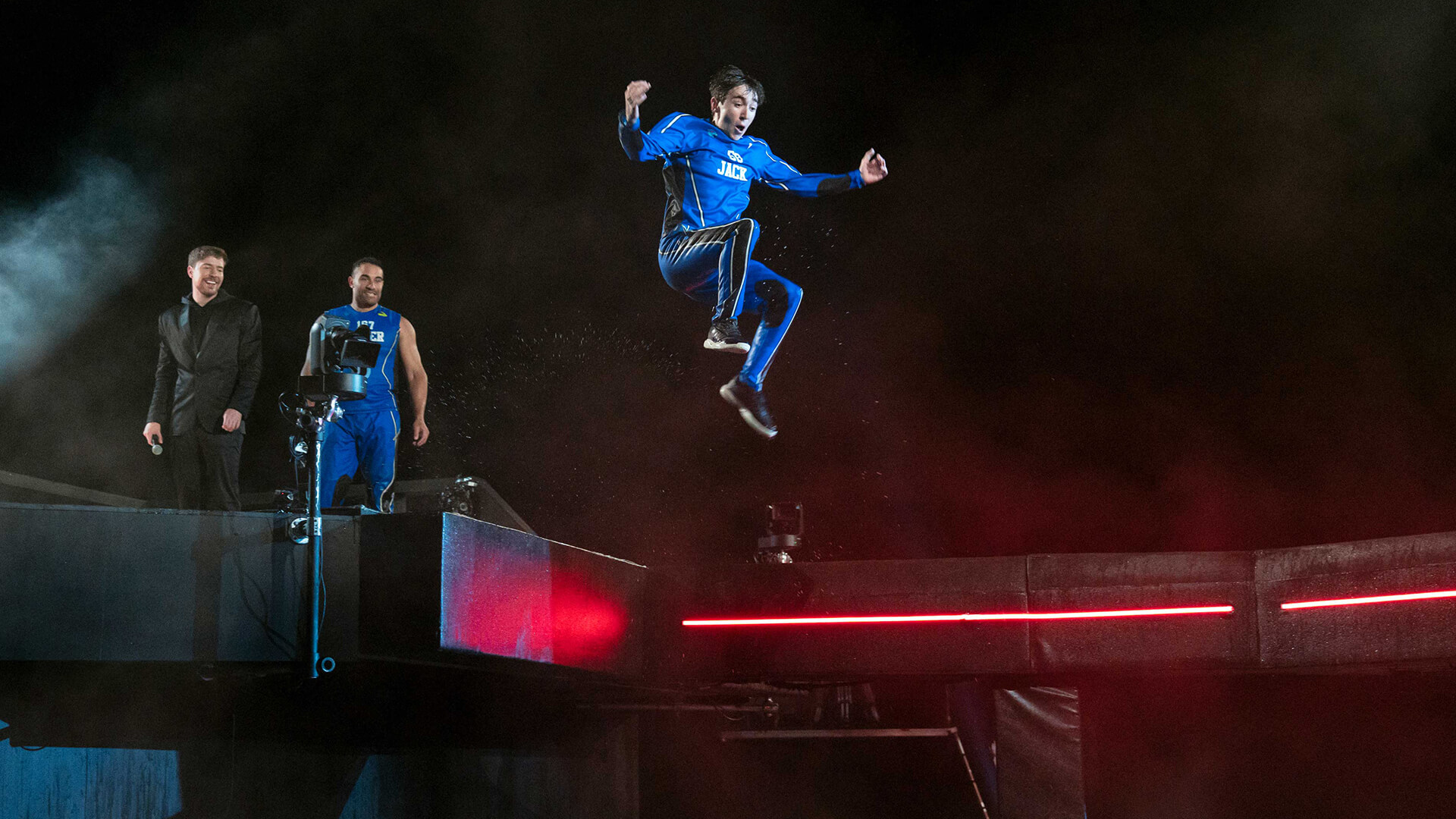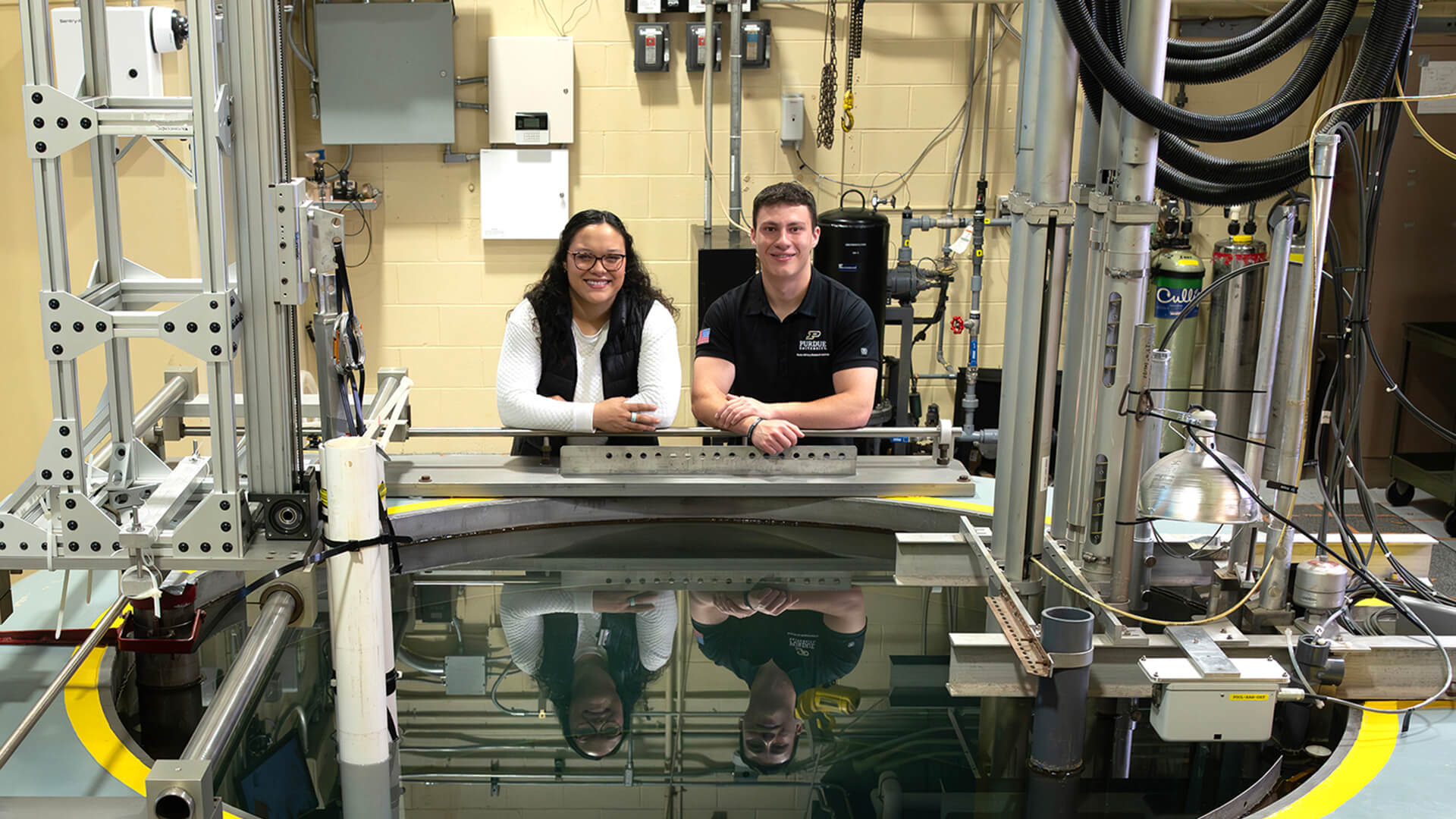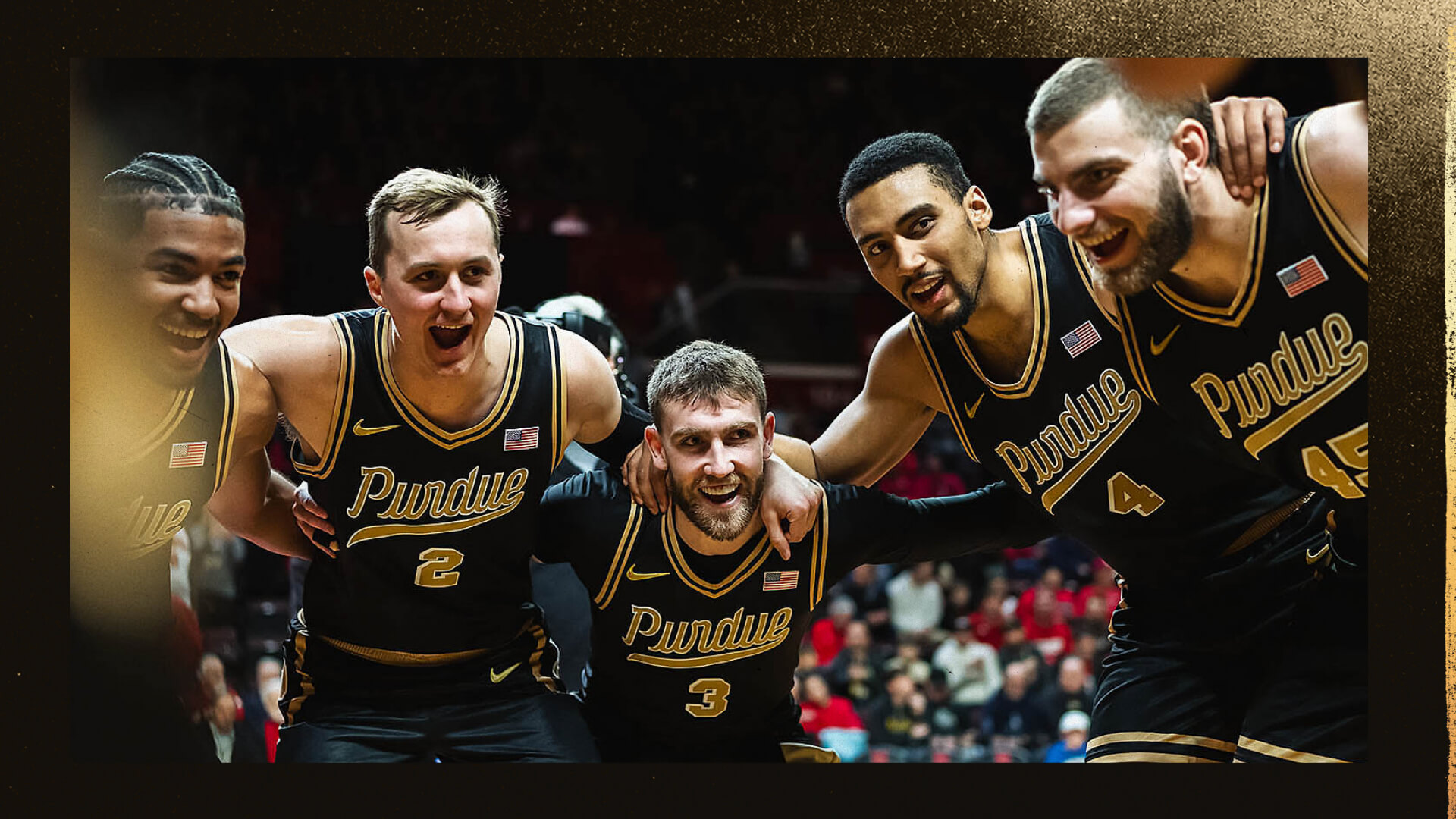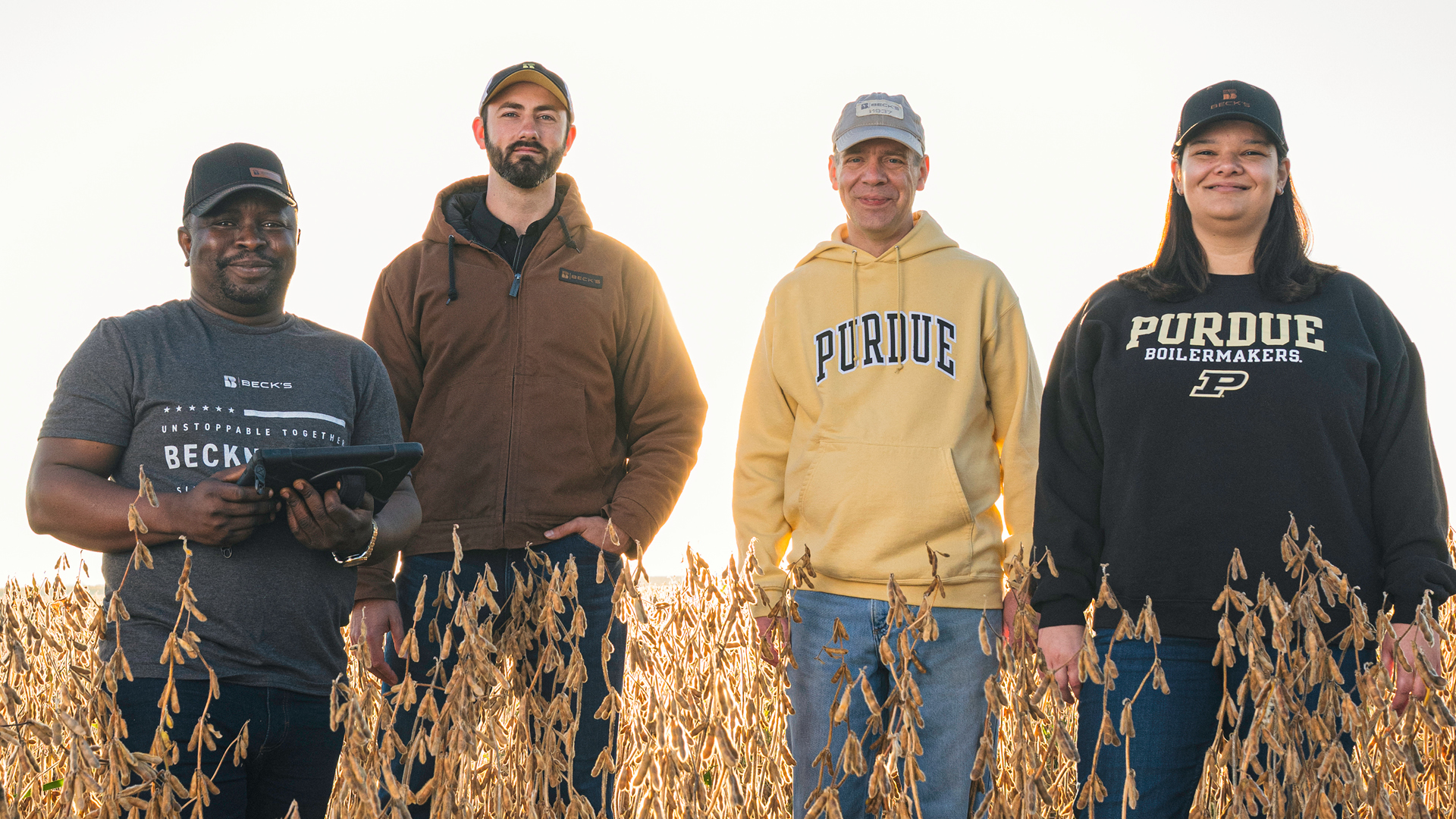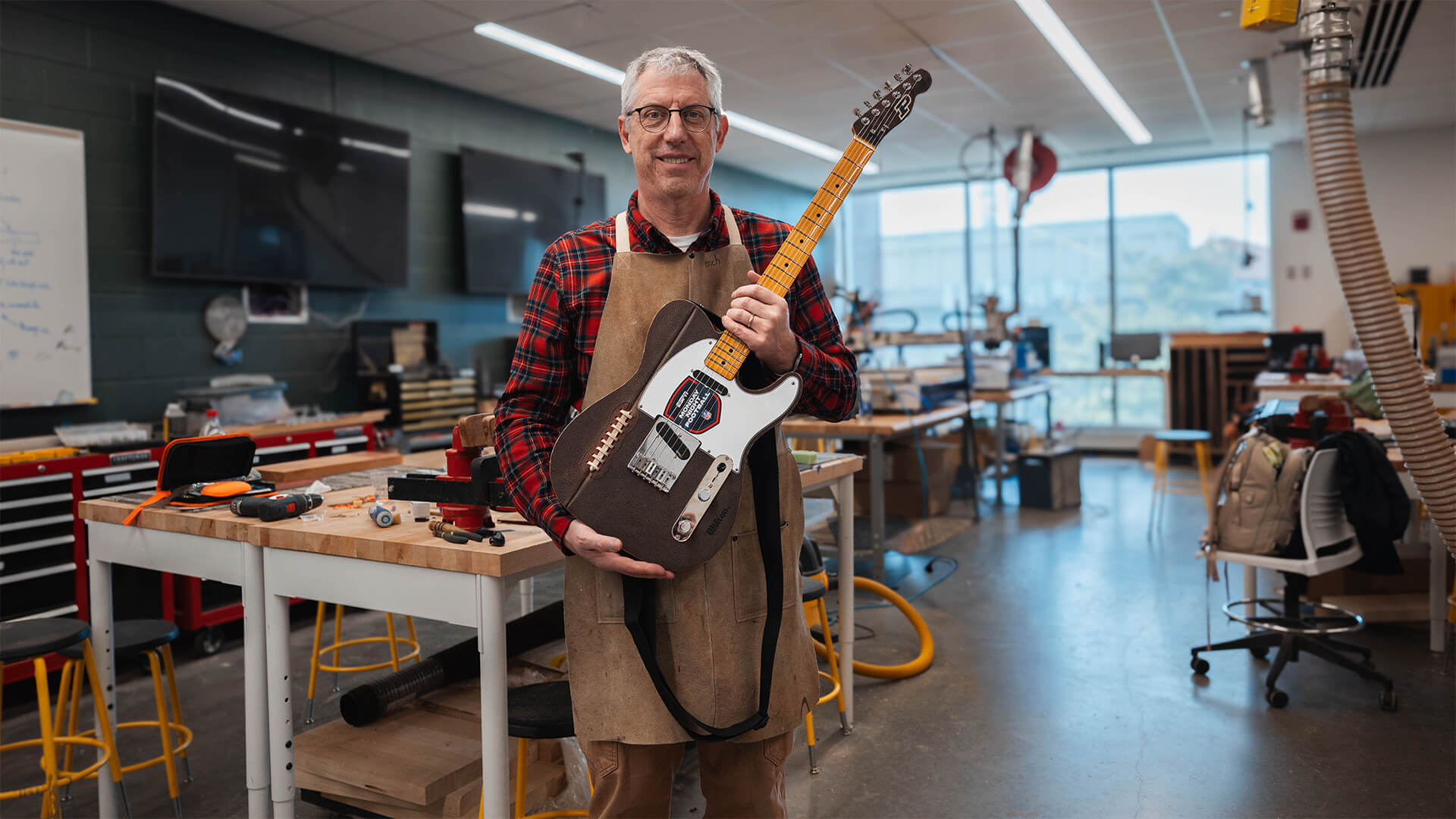Leading in times of crisis
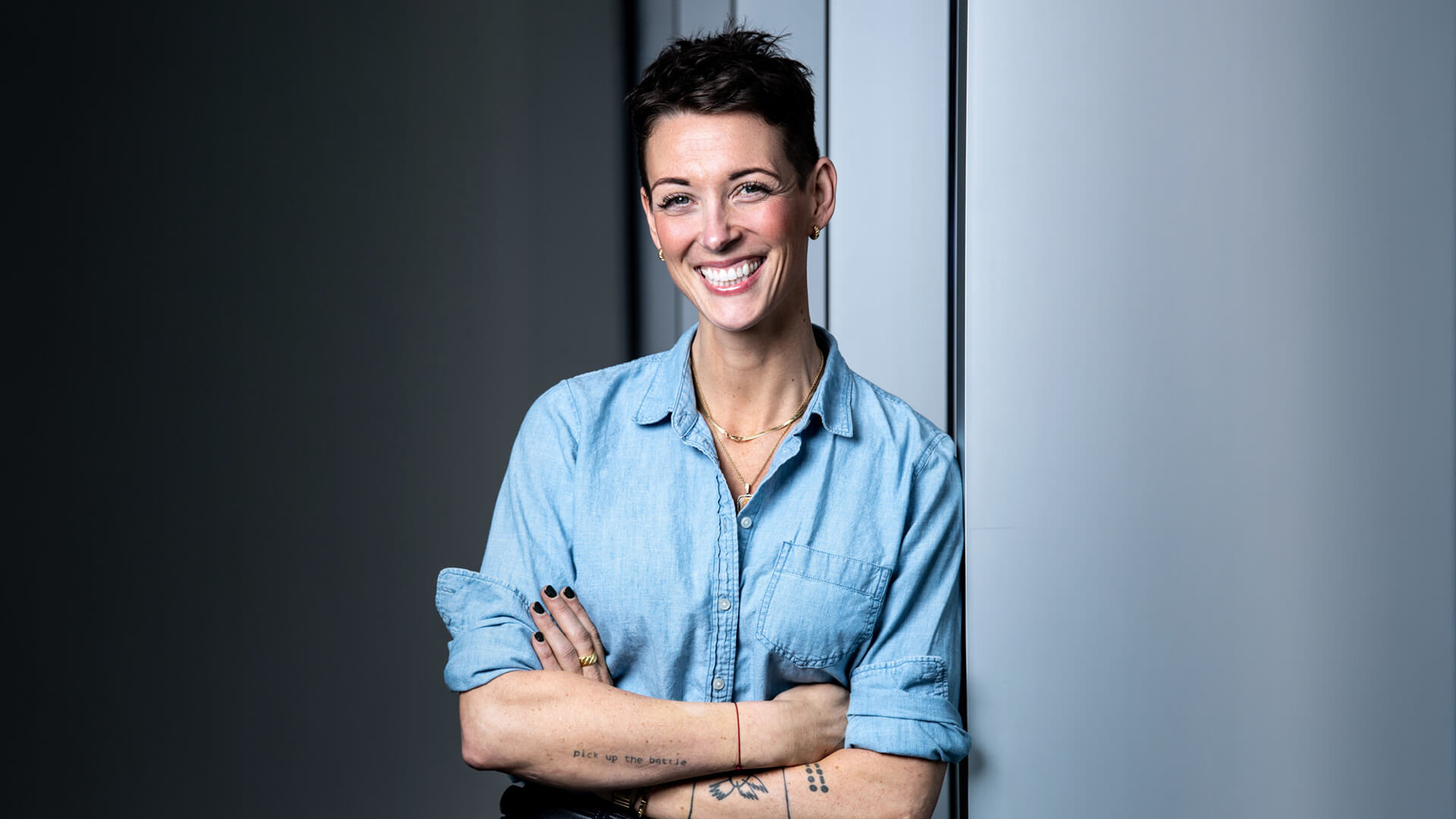
Kara Allen is a third-generation Boilermaker and hooper-turned-sports executive. With a background in social work and education, she champions women in sports on and off the court.
Boilermaker and sports leader Kara Allen has met senseless tragedy with courage and a relentless drive to help others
In 2025, Purdue celebrates 50 years since the launch of its women’s athletic programs. As a part of that important milestone, the university spotlights Boilermaker women and alumni and their contributions in the sports industry:
What does it take to lead in times of crisis?
Empathy. Proximity. Strength. Humility. Joy. Purpose. Urgency.
For Kara Allen (BA child development and family studies ’05), these are the guiding principles that have helped her support communities in leadership roles for almost 20 years.
“It’s not about who talks the loudest; it’s about who shows up. It’s about who listens. It’s about who stays when it’s hard,” she says.
As a founding board member and director of strategy and impact for Playmakers Nashville, these are the values that continue to shape and inspire her work in sports. She says, “Playmakers allows me to use years of experience building, strategizing and leading programs to help create a community dedicated to igniting the power of women in sports on the field, behind the scenes and every level in between.”
This role is a culmination of Allen’s experience in sports. From the beginning, sports — basketball, in particular — have shaped much of her life.
It’s not about who talks the loudest; it’s about who shows up. It’s about who listens. It’s about who stays when it’s hard.
Kara Allen
Boilermaker, born and raised
Growing up near Greenfield, Indiana, in a family of Boilermakers, Allen became immersed in both basketball and Purdue from an early age. She had the opportunity to attend multiple basketball camps at Purdue, where she was coached by Boilermaker athletes like alumna and current head coach of the Indiana Fever Stephanie White.
As a teenager, Allen was the captain of her state championship-winning basketball team at Cathedral High School, led by Linda Bamrick. This experience taught her about leadership, trust, consistency and showing up — attributes reinforced by her coach’s supportive, accepting mentorship style that Allen has sought to emulate.
“I think that playing basketball, and winning state championships, specifically, was about understanding that winning was very little about bringing a group of the best players together and very much about bringing a group of people together that brought out the best in each other,” she says.
Later, Allen attended Purdue as a proud third-generation Boilermaker. Majoring in child development and family studies was a pivotal choice from the get-go.
Through her freshman-year classes, like an introductory communication and public speaking class, she learned the power of storytelling — a skill that helped her become a better leader.
She says, “I have a deep respect for legacy and tradition and an insatiable appetite for finding new, different ways to do things for social good.”
This drive and Allen’s interest in storytelling were further reinforced that year, when the tragic Sept. 11 terrorist attacks took place.
“I asked myself, ‘How do I make sense of something that was so senseless?’” Allen says. “Voice is such a powerful thing to have. Our word is maybe the only thing we have, and so we have to use it very, very carefully and very intentionally.”
Showing up for Uvalde
After Purdue, Allen went on to receive a master’s degree in social work from the University of Southern California and a doctorate in educational leadership for social justice from Loyola Marymount University. She also held various roles in education and nonprofits — like working as a special education teacher in the Oakland Unified School District — leading youth and communities through hard transitions and recovery.
In 2021, she became the chief impact officer for the NBA’s San Antonio Spurs — a first-of-its-kind role in U.S. professional sports. This role aligned her experience in sports leadership, love of basketball, educational background and passion for community impact work.
“I do really like to win, but I don’t just really like to win games — I want to win at what really matters,” she says.
For Allen, that meant serving San Antonio and its surrounding communities in their greatest times of need. Just a year after she joined the Spurs, that community was Uvalde –– a town that faced immense grief and shock after the devastating mass shooting at Robb Elementary School, where 19 schoolchildren and two teachers were killed and 17 more were injured.
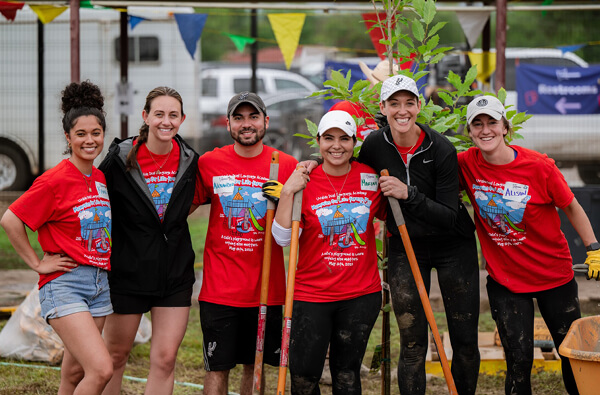
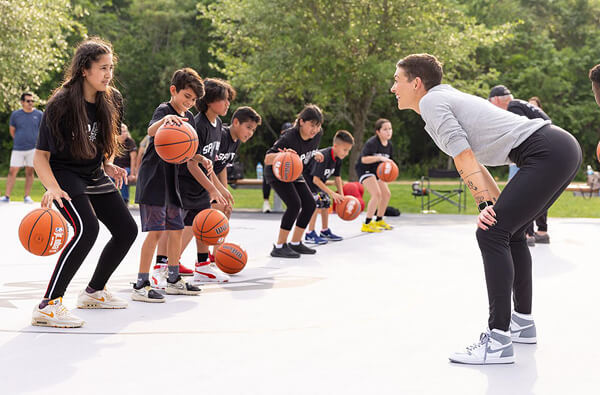
In response to this national tragedy, Allen and her team led the creation of the Sport for Healing Fund, aimed at investing in and providing long-term trauma and healing-centered care for youth and families in Uvalde. The Spurs were recognized as the Humanitarian Team of the Year at the 2023 ESPY Awards for their timely efforts.
“It was such an honor to be a tiny seed in that healing,” she says. “The young people in Uvalde remind us that legacy isn’t what you leave behind; it’s what you build together.”
Making space for future leaders
Now at Playmakers, Allen continues to show up with this same tenacity — for women like her who want to advance in the sports industry.
“I think if we’re serious about building a future where the game lasts, not just grows, and not just for this moment, we have to make different choices about who we invest in to lead it,” she says. “Playmakers lets me plant seeds for the future I believe in.”
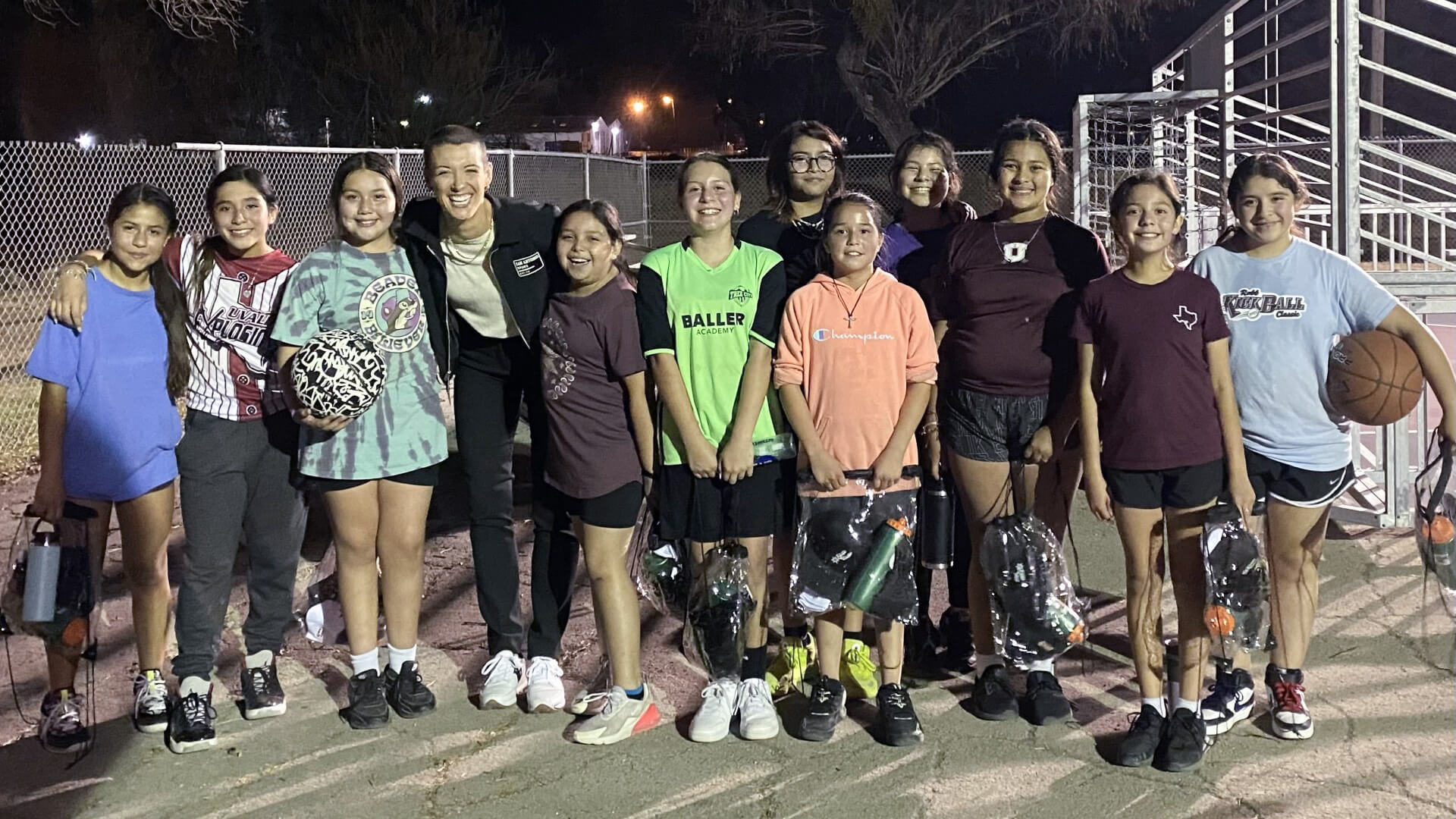
Allen also believes that her background and foundation in social work have been incredible tools to help her influence change.
“My ability to lead in times of crisis is more important to me than anything else, both for community and for people,” she says. “Community can mean my team; it can mean the organization and the community yet to be defined. I did not choose between heart and strategy. I built a career that proves that those belong together.”
